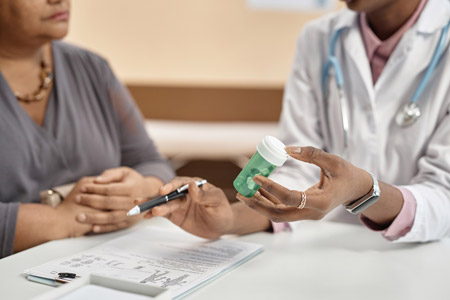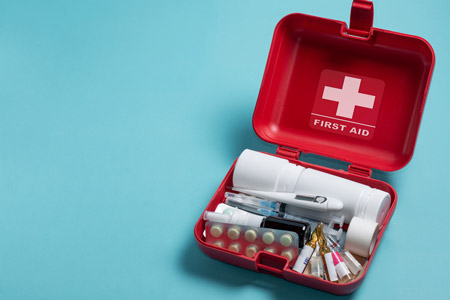


What Is Medication Adherence?
Staying healthy can sometimes feel like a full-time job. From eating right, getting exercise, and staying informed on the latest health recommendations — it can be overwhelming.
Luckily, one of the most important things you can do for your health simply involves following the plans and treatments your provider has set for you. In medical terms, this is called “adherence”.
In this article, we’ll explore precisely what adherence means in regard to staying healthy and some recommendations for sticking to your treatment plan and prescriptions.
What’s Adherence?
Medication adherence refers to the extent to which you take your prescribed medication correctly, including the right dose, at the right time, and for the recommended duration.1
Adherence plays a critical role in achieving the desired outcomes of medical treatments and ensuring long-term health. Unfortunately, medication non-adherence— when you do not follow the treatment plan as prescribed — is a common issue, leading to complications, unnecessary hospitalizations, and other unwanted consequences.
Adherence is crucial for managing chronic conditions such as diabetes, hypertension, and heart disease, where consistent medication use is needed to control symptoms and prevent deterioration. Even in the case of short-term illnesses, taking medication as prescribed ensures that the treatment is effective and reduces the risk of resistance, particularly in conditions like bacterial infections and taking your full course of antibiotics.
Tips to Remain Adherent
The best way to get off to a good start with a new treatment or medication is to have a thorough discussion with your provider.1 They can give you a plan on when to take your medications when to request refills to ensure you’re always covered, and even what to do when you travel.
In addition, technology can play a big role in helping you remain adherent. Consider using alarms, reminder apps, and other features to time your medication schedules precisely. These can be game changers given that simply forgetting a dose or a refill are two of the biggest reasons why patients can be unadherent.
Medication adherence is essential for effective treatment and long-term health. When you follow your prescribed treatment plan, you’ll be giving yourself a higher chance of achieving positive outcomes and avoiding preventable complications.
The information on this site is for informational purposes only and should not replace direct medical advice, diagnosis, or treatment from your doctor or another qualified healthcare provider.
Sources:
“Medication Adherence: Taking Your Meds as Directed.” American Heart Association.


.jpg)
.jpg)
.jpg)


















.jpg)





















.jpg)

















.jpg)


























.jpg)
.jpg)
.jpg)









